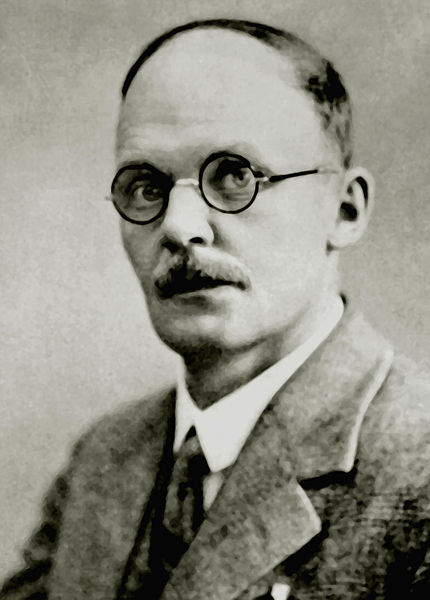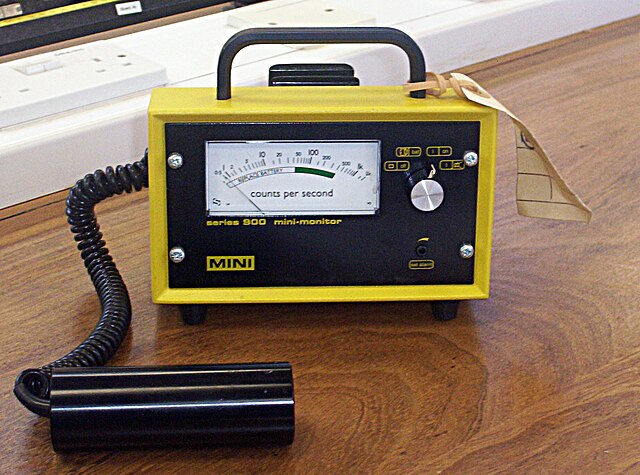Infinite photos and videos for every Wiki article ·
Find something interesting to watch in seconds
Celebrities
British Monarchs
Orders and Medals
Kings of France
World Banknotes
Ancient Marvels
History by Country
Best Campuses
Crown Jewels
Supercars
Wonders of Nature
Recovered Treasures
Great Artists
Sports
Countries of the World
Tallest Buildings
Great Museums
Largest Palaces
Wars and Battles
Richest US Counties
Largest Empires
Famous Castles
Rare Coins
Great Cities
Animals
Presidents
more top lists





